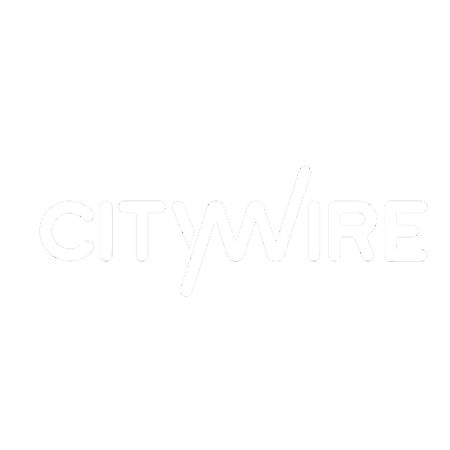A special report on exploring our digital footprint
In case you missed it, last week we shared that we had invited investigative journalist Laura Secorun to research the digital footprint of our communication strategy. The UnSchool is always looking at the ways we engage and interact with our own community, and the greater community of the world in general. One of the goals for the research that Laura did was for us to take a look at our own practices and apply changes where necessary and feasible to have more intentionality with our communication practices.
We attempt to lead by example in all aspects of our work, and our digital footprint is no exception. For us, we are using the term ‘digital footprint’ differently to how it has been used so far to describe the data we leave behind as we use the internet. We are connecting it to the ecological footprint methodology which looks at the impact of our individual and collective actions on the planet. The report explores the social, economic and environmental impacts of the main social media and communication platforms that we use to run the UnSchool.
The outcome of the report provided by Laura is that we have made a few transitions with the platforms and communication approaches we use. Leyla has written a sustainable communications policy and we will continue to explore and adapt the things we do online.
Response to the Report
What we do internally
We have moved the majority of our communication over from WhatsApp to the more privacy-conscious Telegram. We are also reviewing our online storage, going through the many many folders and drafts we have and mass deleting and decluttering, keeping only current working files and archiving completed projects via physical hard drives. The less space we can take up digitally, the better — so we’re taking on a minimal mindset when it comes to file storage!
We are also reviewing ways to transition out of Google, with a couple options that have servers hosted in more privacy-conscious countries. This will be a bit of a longer process, as the Google system is optimized to be integrated into so many parts of an organization's systems — what makes them convenient and easy to use also makes them complicated to divest from. Like many small organizations, we use the Google suite for email, presentations, project planning, spreadsheets, documents, storage, and calendar management. Finding a service that efficiently and beautifully replaces these functions with a minimal environmental impact and positive social benefit might take a bit more time, but we’re committed to finding a great solution (and always open to suggestions!).
As a general practice, we use our tech as long as possible and repair it when needed. Our friends at iFixit.com are great support in this, as are local repair companies in our own cities as well. Leyla has a Fairphone, which is available to her region, and the rest of us are crossing our fingers for it to become more widely accessible.
We also make sure to pay people fairly and promptly, have a region-specific and needs-based scholarship program, and continue to re-examine the way we conduct business on a regular basis, adjusting as we learn new information and as more options become available. We have always avoided paid advertising and will continue to find new ways of connecting with our current and future community in ethical and sustainable ways.
What we do externally
Our primary external digital work consists of connecting with alumni and promoting programs. We have a diverse, global and incredibly talented alumni pool from both our online and face-to-face programs — there are thousands of you now! Being such an international group of changemakers, we depend on the internet to supply digital programming (via Thinkific for our online school, which we are happy came out looking good in the report!) and to support making connections between each other.
We have been relying on Facebook and Instagram for community interaction, but in part based on this digital footprint report, we are making a transition out of heavily engaging with these platforms and invite you to come along with us.
While we will continue a low-impact engagement on FB, IG, and Twitter (once a week, unless we have an important announcement), we will be moving most of our communications with you all to LinkedIn and good old fashioned email. The professional upskilling focus of LinkedIn is more suited to what we are looking to achieve and support, and it gets us mostly out of Zuck-world. Email means we are talking directly to you instead of via a third party platform, and we use Squarespace for email communications, which also came up good in the report.
From now on, you can find us most often at the following places:
unschools.co — best place to apply for new programs (all of 2020 is up now!)
online.unschools.co — all our digital courses, books, games available 24/7!
UnSchool LinkedIn Main Group — your go-to for all things UnSchool
LinkedIn Creative Systems Changemaker Group — join the 1200+ members already there!
UnSchool Journal — our main email to you, with a weekly journal and updates
If you are pursuing certification in one of our three certification tracks, you will have an invite to a private LinkedIn group for connecting with other trackers. If you are signed up for the program and haven’t received an invite, send an email to emma@disruptdesign.co to get in.
We’re looking forward to this lighter weight digital life, and hope to see you on LinkedIn!
